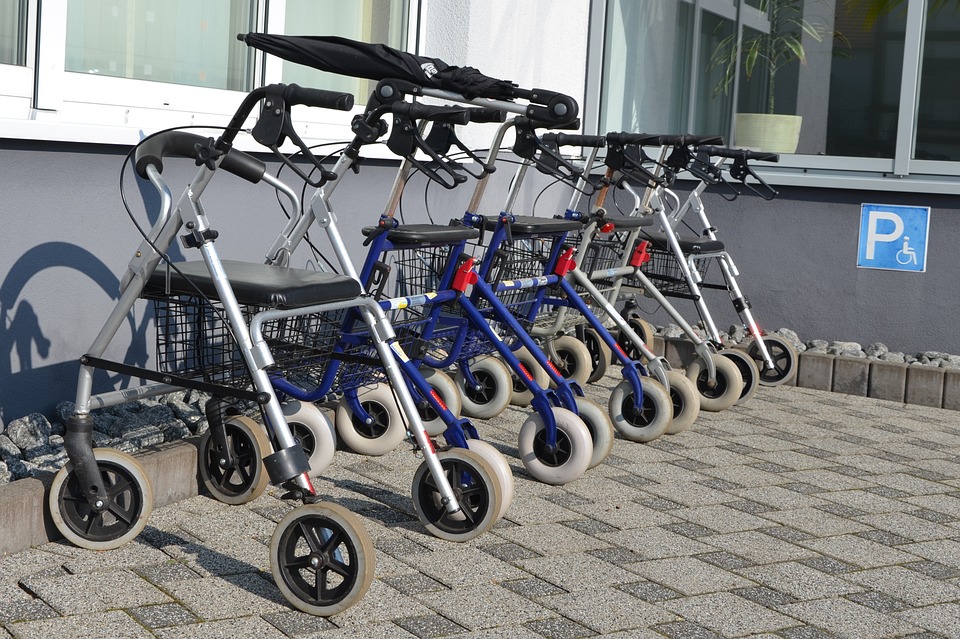The uptake of vaccinations by older Australians remains too low, creating an undue health risk
The uptake of vaccinations by older Australians remains too low, creating an undue health risk and detracting from the quality of life of the elderly, ageing experts have warned.
Even though influenza and pneumococcal vaccines are offered to over-65s for free, uptake has only been around 54% to 75%, according to the International Federation on Ageing.
Immunisation was “the low hanging fruit” in primary prevention and healthy ageing, Professor Raina MacIntyre, head of the School of Public Health and Community Medicine at UNSW, told the IFA conference in Brisbane last week.
The subpar vaccination rates were partly due to low prescriber confidence in vaccines, and provider attitudes were one of the most powerful factors in immunisation, she told The Medical Republic.
As people aged, their immune system became weaker and vaccine efficacy dropped. But it was a mistake to compare this with the efficacy in younger groups, and discount the value of vaccinating older patients, Professor MacIntyre said.
“You might be looking at a vaccine that only has an efficacy of 50-60%, but this is good compared to many other public-health interventions which only have an efficacy of 30-40%,” said Professor MacIntyre, referring to cholesterol and blood pressure lowering therapies.
But because the burden of disease was so high in older patients, this translated into a larger number of deaths and illnesses that could be prevented, she said.
Data from the Australian Institute of Health and Welfare shows 700 deaths from vaccine-preventable diseases in 2008-2011. Pneumonia is the sixth biggest killer in Australia, and each year 40,000 people are hospitalised for the condition.
Even if vaccinated people developed, they might have a less severe form of the illness, and a lower risk of death and comorbidities, Professor MacIntyre said.
The introduction of the whole-of-life immunisation register in September is hoped to improve vaccine uptake rates in this group.
Doctors and patients will be able to consult a single database to determine whether a patient is due for vaccination.
Unfortunately, most research into elderly vaccines avoided frail patients and those with comorbidities, creating a gap in evidence for a growing area of need, Professor MacIntyre said.
IFA secretary general Dr Jane Barratt (PhD) said vaccination was “one of the easiest, safest and most cost-effective ways of protecting older people from diseases”.
“Good public health policy means a life course approach to vaccinations which improves the health and quality of life of all Australians,” she said. “The current numbers are simply just too low.”
The rate of herpes zoster vaccination is estimated to be only around 4% in this age group.
From 1 November this year, 70-year olds are eligible to receive a free zostavax vaccine, with a catch up program for people aged 70 to 79.


